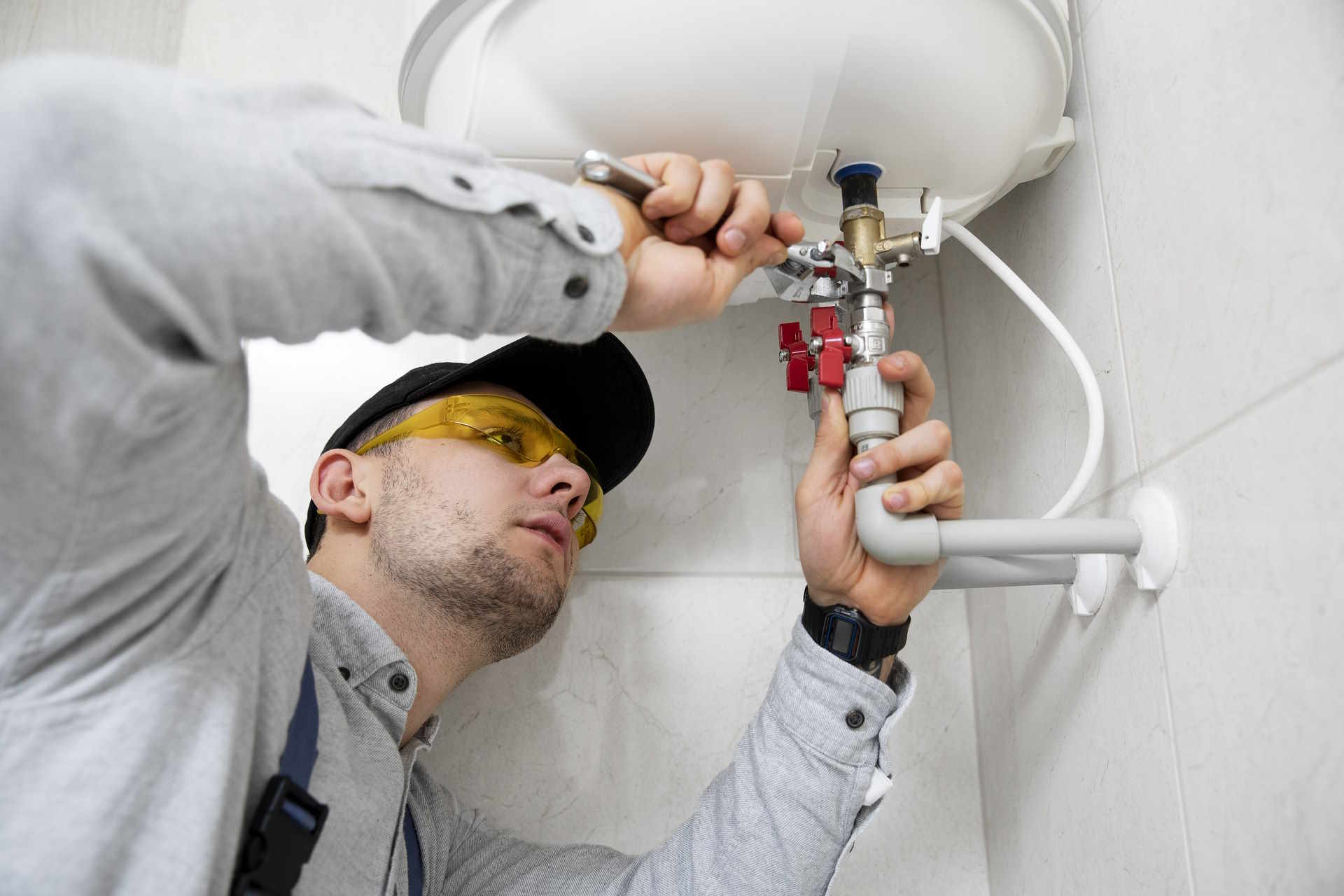The Comprehensive Guide to Professional Plumbing Services
Plumbing issues can strike at any time, disrupting daily life and potentially causing extensive damage to your property. Whether you're facing a leaky faucet, a clogged drain, or a more complex plumbing emergency, understanding the range of services offered by professional plumbers is crucial. This guide will explore the various aspects of plumbing services, helping you make informed decisions when it comes to maintaining and repairing your home's plumbing system.

-
Fixture installation and repair (sinks, toilets, showers)
-
Sewer line services
-
Emergency plumbing repairs
-
Plumbing inspections and maintenance
Many plumbers also specialize in specific areas, such as gas line installation or backflow prevention, ensuring that they can handle even the most complex plumbing challenges.
How can you identify common plumbing problems at home?
Recognizing plumbing issues early can save you time, money, and potential water damage. Some common signs of plumbing problems include:
-
Dripping faucets or running toilets
-
Low water pressure
-
Slow-draining sinks or bathtubs
-
Unusual noises from pipes (gurgling, banging, or whistling)
-
Foul odors from drains
-
Water stains on walls or ceilings
-
Unexplained increase in water bills
If you notice any of these signs, it’s advisable to consult a professional plumber to assess the situation and prevent minor issues from escalating into major problems.
When should you call a professional plumber versus DIY?
While some minor plumbing tasks can be handled through DIY methods, many situations require the expertise of a professional plumber. Consider calling a plumber when:
-
You’re dealing with a persistent or recurring issue
-
There’s a risk of water damage to your property
-
The problem involves main water lines or sewer systems
-
You lack the necessary tools or knowledge to safely complete the repair
-
Local building codes require licensed professionals for certain plumbing work
-
You’re installing new plumbing fixtures or appliances
Professional plumbers have the skills, experience, and specialized equipment to diagnose and solve complex plumbing issues efficiently and safely.
What factors influence the cost of plumbing services?
The cost of plumbing services can vary significantly based on several factors:
-
Type and complexity of the plumbing issue
-
Time required to complete the job
-
Materials and parts needed
-
Geographic location and local market rates
-
Time of service (emergency after-hours calls typically cost more)
-
Experience and reputation of the plumber or plumbing company
To give you a better idea of potential costs, here’s a comparison of common plumbing services and their estimated price ranges:
| Service | Estimated Cost Range |
|---|---|
| Drain cleaning | $100 - $300 |
| Faucet replacement | $150 - $400 |
| Toilet installation | $200 - $600 |
| Water heater replacement | $800 - $1,500 |
| Pipe repair (per foot) | $50 - $250 |
| Sewer line repair | $1,500 - $5,000 |
Prices, rates, or cost estimates mentioned in this article are based on the latest available information but may change over time. Independent research is advised before making financial decisions.
How can you maintain your plumbing system to prevent issues?
Regular maintenance is key to preventing costly plumbing problems. Here are some tips to keep your plumbing system in good condition:
-
Schedule annual plumbing inspections
-
Fix minor leaks promptly
-
Avoid using chemical drain cleaners and opt for natural alternatives
-
Install drain screens to prevent clogs
-
Insulate pipes in cold areas to prevent freezing
-
Be mindful of what you flush down toilets or pour down drains
-
Regularly clean faucet aerators and showerheads
-
Test your water pressure and adjust if necessary
By implementing these maintenance practices, you can extend the life of your plumbing system and reduce the likelihood of unexpected repairs.
In conclusion, understanding the range of plumbing services available, recognizing common issues, and knowing when to call a professional are essential for maintaining a healthy plumbing system. While some minor tasks can be handled through DIY methods, complex problems often require the expertise of a licensed plumber. By staying proactive with maintenance and addressing issues promptly, you can ensure the longevity and efficiency of your home’s plumbing infrastructure.






